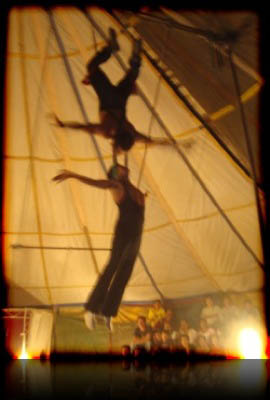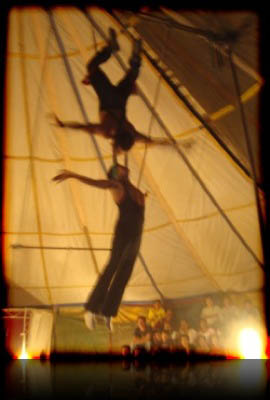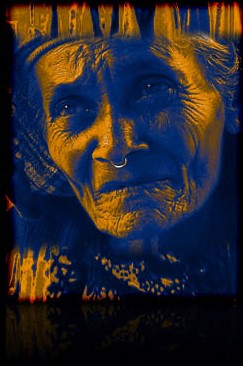Food for Thought: Food, Embodiment, and Knowledge
DOI:
https://doi.org/10.25071/1913-5874/37400Abstract
The paradox of studying food is that scholars necessarily rely on the very instruments of discourse that reify a hierarchy of the senses designed to render food unworthy of serious thought: Images and texts appeal to the “higher” sense of sight; they “figure the material as intellectual, imaginative, symbolic, aesthetic,” Priscilla Parkhurst Ferguson claims (2004, 17). Reason cannot be found in the “lower” senses while eating reminds us too much of our body’s needs. But Krishnendu Ray reminds us that “much of the sociology of the body continues to be devoted to theoretical argumentation focussed on gender, sexuality, and disease, belying the sense that all social action {…} is always embodied” (2016, 26).
References
Azoulay, Ariella. The Civil Contract of Photography. New York: Zone Books, 2008.
Ferguson, Priscilla Parkhurst. Accounting for Taste: The Triumph of French Cuisine. Chicago; London: The University of Chicago Press, 2004.
Grønseth, Anne Sigfrid, ed. Being Human, Being Migrant: Senses of Self and Well-Being. Oxford: Berghahn Books, 2013.
Ingold, Tim. Being Alive: Essays on Movement, Knowledge and Description. London; New York: Routledge, 2011.
Irving, Andrew. "Strange Distance: Towards an Anthropology of Interior Dialogue." Medical Anthropology Quarterly 25.1 (2011): 22–44.
Ray, Krishnendu. The Ethnic Restaurateur. New York, London: Bloomsbury Academic, 2016.
Stoller, Paul. The Taste of Ethnographic Things: The Senses in Anthropology. Philadelphia: University of Pennsylvania Press, 1989.





